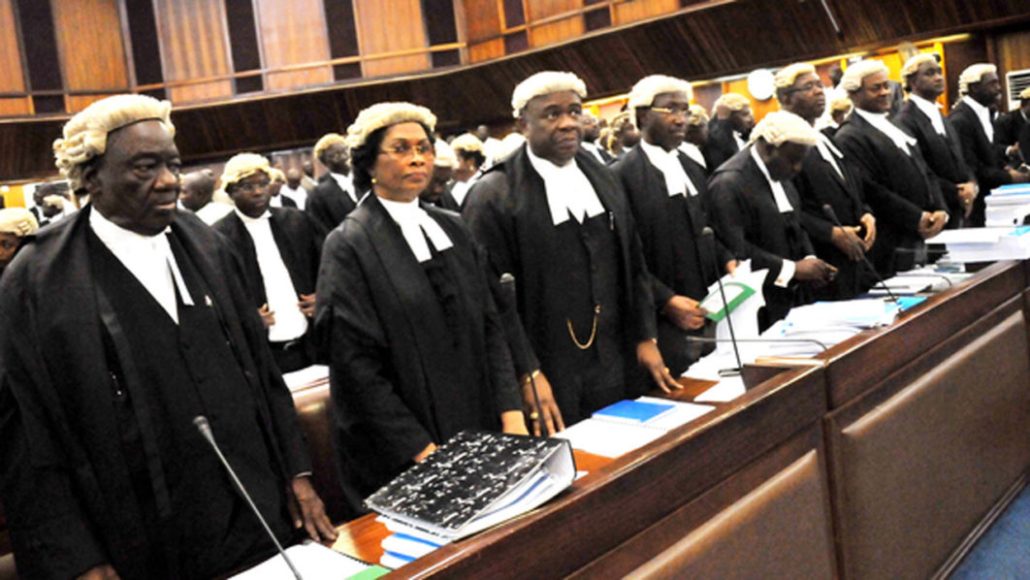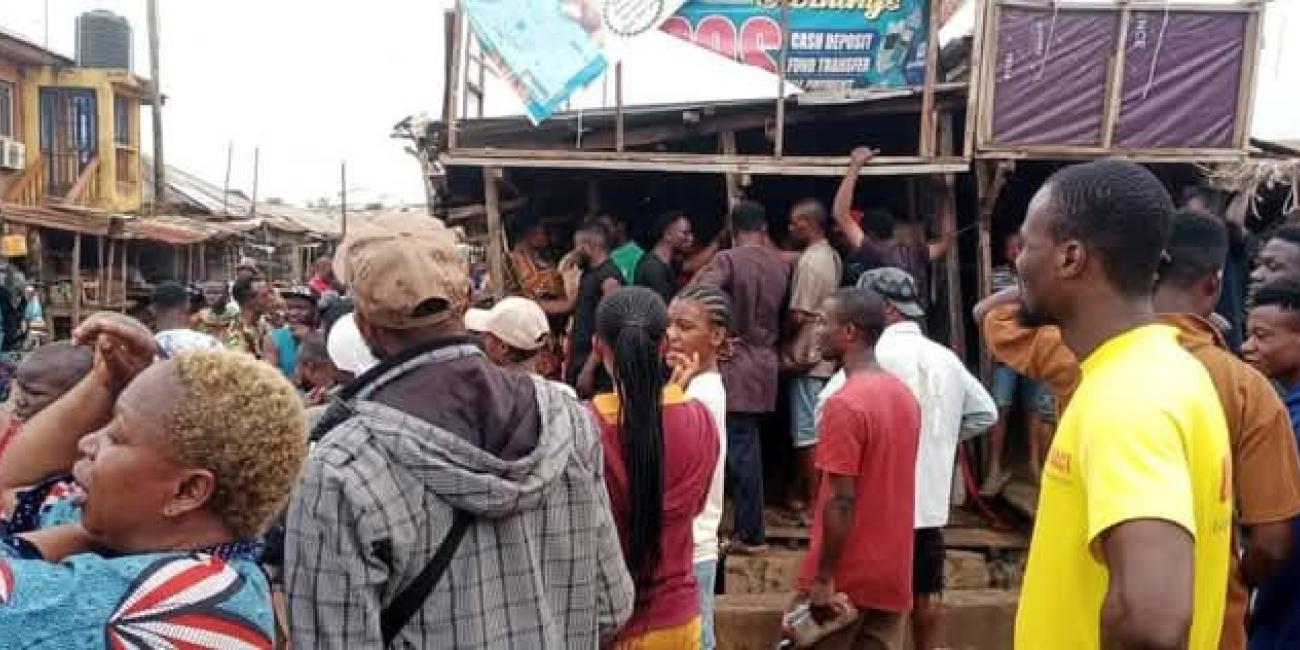The Nigerian National Petroleum Company Limited (NNPCL) has once again raised the pump price of petrol, deepening the financial pressure on citizens already grappling with high living costs.
As of Monday, retail stations operated by the state-owned oil giant are now selling Premium Motor Spirit (PMS) at ₦945 per litre in the Federal Capital Territory, while consumers in Lagos are paying ₦915 per litre. This represents a jump of ₦35 in Abuja and ₦45 in Lagos compared to the previous pump rates of ₦910 and ₦870 respectively.
The increase follows a recent hike in the ex-depot price by Dangote Petroleum Refinery, which adjusted its price from ₦825 to ₦880 per litre. Industry players say this move triggered a ripple effect across the downstream market, pushing both public and private fuel retailers to review their pricing.
Field reports confirmed the new pricing across various NNPC filling stations, including the Federal Housing outlet in Kubwa and the mega station on Obasanjo Way in Abuja. In Lagos, retail outlets along the Badagry Expressway and Igando also reflected the updated price.
Private operators like MRS—known partners of the Dangote refinery have also adjusted their rates, now selling at ₦925 per litre, up from ₦875. Depot operators such as Wosbab, Pinnacle, and NIPCO have reportedly aligned with the trend, currently offering PMS at between ₦920 and ₦925 per litre.
Industry insiders attribute the price surge to rising global crude oil costs and supply uncertainties, exacerbated by escalating geopolitical tensions in the Middle East. Over the weekend, reported airstrikes by US-Israeli forces on Iranian nuclear infrastructure have fueled fears of supply disruptions, pushing oil analysts to predict that crude prices may soon surpass $80 per barrel.
Olatide Jeremiah, CEO of PetroleumPrice.ng, noted that if global prices cross the $80 mark, depot rates could quickly hit 1,000 per litre. “The current pressure in the market is unsustainable. Without stabilizing measures from major players like Dangote, Nigerians may soon see depot prices hit the thousand-naira mark,” he said.
The ongoing instability in the deregulated petroleum sector is expected to further worsen inflation, directly affecting transportation costs, the cost of doing business, and daily household expenses across the country.





